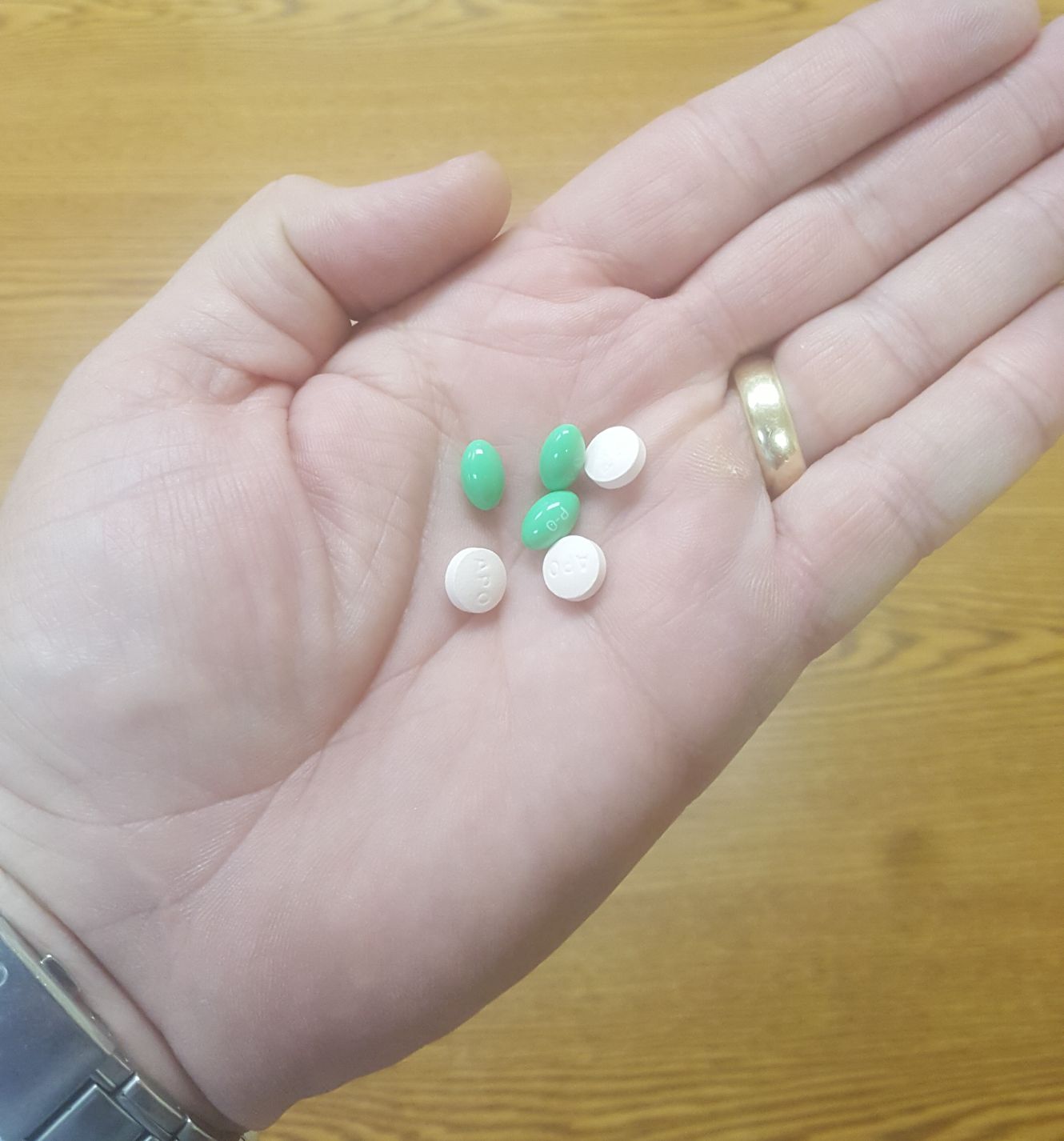The City of Hattiesburg is in the process of filing a lawsuit against key Pharma companies in opioid epidemic. A release from the Hattiesburg mayor’s office says that they are in the process of contracting with a team of attorneys to file a lawsuit against the drug manufacturers and wholesale distributors for fueling the opioid epidemic. Hattiesburg will be the first municipality in the state to take such an action.
“This is a significant public health issue, and opioid abuse is the leading cause of death for those under 50,” said Mayor Toby Barker. “When at least two opioid prescriptions are dispensed for every man, woman and child in Forrest County – that says something. We as policy makers and leaders need to take a look at our community and understand that it’s not going to get better without intervention. We believe people should be held accountable for letting this problem go on for as long as it has, and that’s why we are taking this step.”
Barker added that there will be no use of taxpayer dollars for the lawsuit. If the litigation is successful, attorneys will be paid with funds that come out of the lawsuit. The companies in question control 85% of the market for prescription opioids and profited from the opioid epidemic.
In Hattiesburg, Barker said that the opioid epidemic has reached countless people in the county.
- Based on the latest data from the Centers for Disease Control and Prevention, at least two opioid prescriptions were dispensed for every man, woman and child in Forrest County during 2016
- Opioid abuse is the leading cause of death for those under 50, and researchers estimate the total economic burden of the prescription opioid epidemic at $78.5 billion.
This isn’t the first time Mayor Barker has gone against a pharmaceutical company that was explicitly using its power at the expense of the patients using the medications. As a legislator in 2015, he introduced HB 910 which sought to address the supply and demand, cost and access for a drug identified as 17P (17-alpha-hydroxyprogesterone), that was used to prevent a second spontaneous pre-term birth in at-risk mothers. In its original form, HB 910 would allow for compounding pharmacies the ability to compound the drug. Even under the threat of litigation, the bill moved forward into conference.
During conference, an agreement was presented and the company in question donated more than 1,000 doses to Mississippi and changed the way it packaged the dose in order to make it more affordable for physicians to carry. As it was eventually signed, HB 910 created an Infant Mortality Collaborative – that brought together the Mississippi State Department of Health, the Division of Medicaid, physicians, insurance companies and even the pharmaceutical company in question to address barriers to access for this important drug and ways to combat pre-term births and infant mortality.
Attorney General Jim Hood says his office is in the process of a lawsuit against the opioid manufacturers.
Hood said that his office was one of the first states to file an opioid manufacturer claim back in December of 2016 and said that the opioid manufacturers’ lawyers are trying to delay the process as much as possible.
“Anything to delay, that’s the policy of most big corporations,” said AG Hood. “They have so much money in lawyers that if they delay it they think maybe that AG will die, or get out of office or something and a lot of times they are successful in dragging stuff out.”
Hood added that their case will be easy to make once they get a hearing.
“They said that there were studies showing that it was not as addictive, they didn’t do any studies, so pretty much once you get to discovery and they’ve got to admit that they lied, you ask questions and get their answers,” Hood said. They are going to have to settle. We would get a settlement in two years I think, but all of the cities, counties, and hospitals are suing, so they are going to try to drag it out to see how many suits are filed so that they can get their arms around how much they are going to have to pay.”
However, Hood said even if the manufacturers pay everything the state asks, the lives that have been ruined by opioids will never be the same.
“Maybe we make them pay for all of the treatment cost, law enforcement cost, all of the problems with opioids, all of those causes of action,” Hood said. “It will be millions and millions of dollars that they will owe the state, but it doesn’t help a mother that lost her child. You know, they can’t get their child back.”




